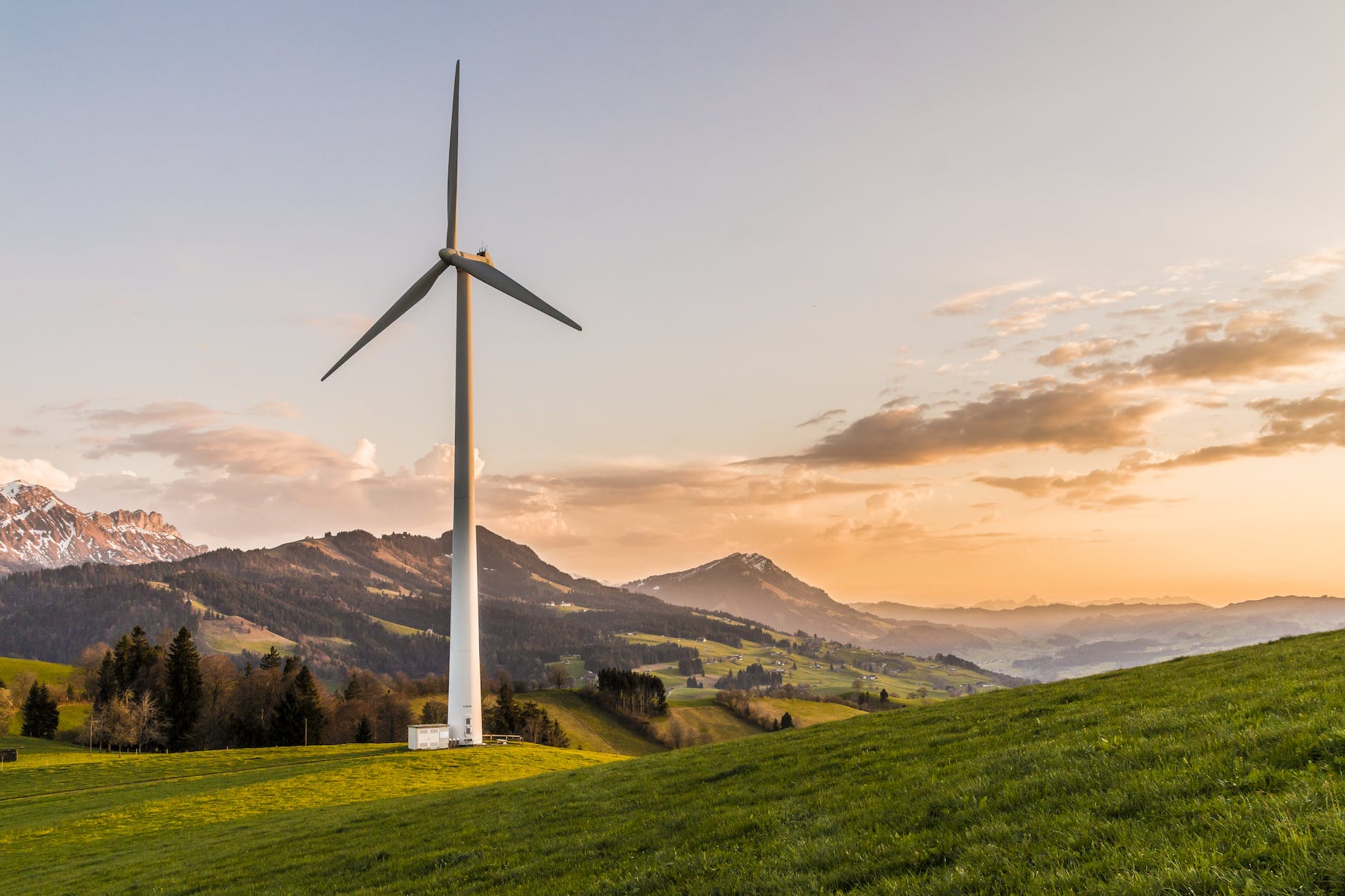Energy Supply: Current State and Prospects


The energy sector plays a pivotal role in the global economy, driving businesses and industries while meeting the growing demand for electricity. This article delves into the current state of energy supply, highlighting the challenges faced by the industry and the promising prospects that lie ahead.
Resources and Stability
Energy supply heavily relies on various resources such as fossil fuels, nuclear power, and renewable sources. Fossil fuels, including coal, oil, and natural gas, have traditionally dominated the energy sector. However, concerns over their environmental impact and limited reserves are pushing the industry towards exploring cleaner and more sustainable alternatives.
While fossil fuels still provide a significant portion of the world's energy needs, renewable sources like solar, wind, hydro, and geothermal energy are gaining momentum. The transition to renewable energy not only reduces dependency on finite resources but also mitigates the adverse effects of greenhouse gas emissions.
Ensuring stability in energy supply is crucial for meeting the growing global demand. Developing countries, in particular, face challenges in achieving energy security due to inadequate infrastructure and an over-reliance on imported fuels. To address this, governments and industry stakeholders must invest in robust infrastructure development while diversifying their energy sources.
Efficiency and Energy Conservation
Enhancing energy efficiency is paramount to optimize resource utilization and reduce costs. Energy conservation practices are being promoted to minimize energy waste and increase overall efficiency. This includes implementing energy-saving technologies, improving transmission and distribution networks, and encouraging sustainable consumption patterns.
Efficiency gains can be achieved through the adoption of advanced technologies like smart grids, which enable real-time monitoring and optimization of energy supply and demand. Additionally, investing in research and development to improve energy storage solutions can enhance the reliability and stability of renewable energy sources.
Renewable Sources and Prospects
The increasing focus on renewable energy sources presents significant prospects for the future of energy supply. Technological advancements and economies of scale are driving down costs associated with renewable energy production, making it more economically viable. Furthermore, the declining costs of solar panels, wind turbines, and battery storage systems contribute to the widespread adoption of these clean energy sources.
Renewable energy not only reduces carbon emissions but also promotes energy independence and resilience. Incentives, supportive policies, and international cooperation are essential for the continued growth of the renewable energy sector, attracting investments and fostering innovation.
Conclusion
The energy supply landscape is experiencing a significant shift towards cleaner and more sustainable sources. While fossil fuels still dominate, the renewable energy sector is rapidly expanding, driven by resource limitations, environmental concerns, and technological advancements. Achieving a stable, efficient, and sustainable energy supply requires a multifaceted approach involving infrastructure development, energy conservation practices, and investments in renewable sources. By embracing these prospects, the energy sector can pave the way for a greener and more prosperous future.